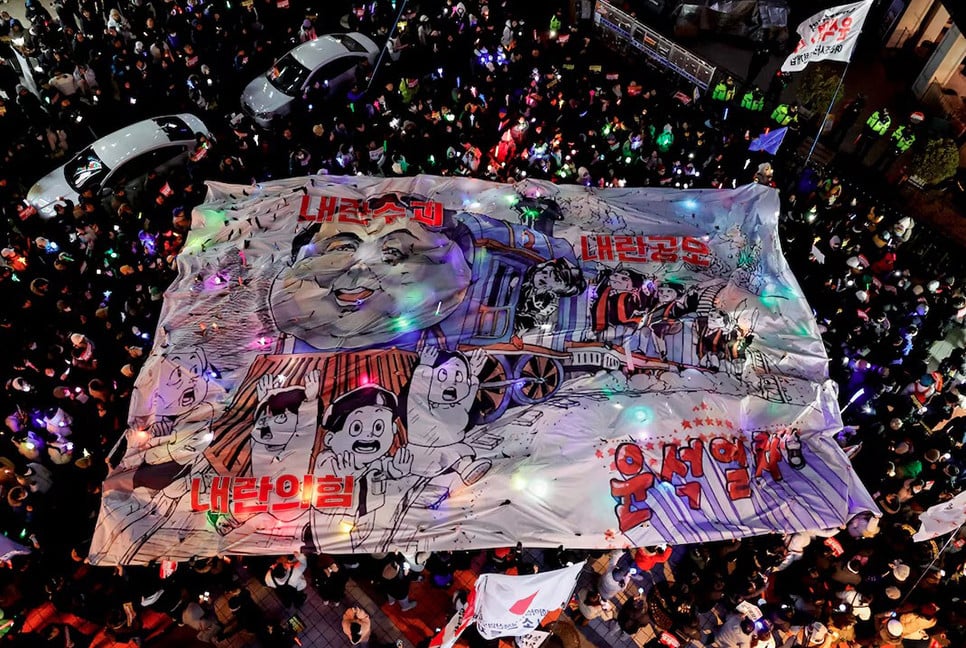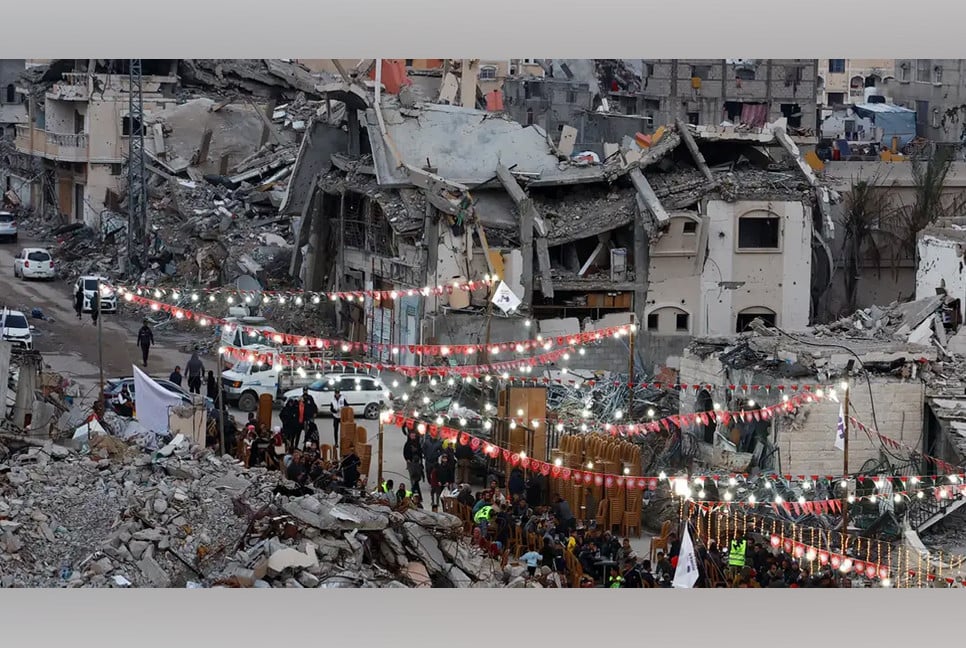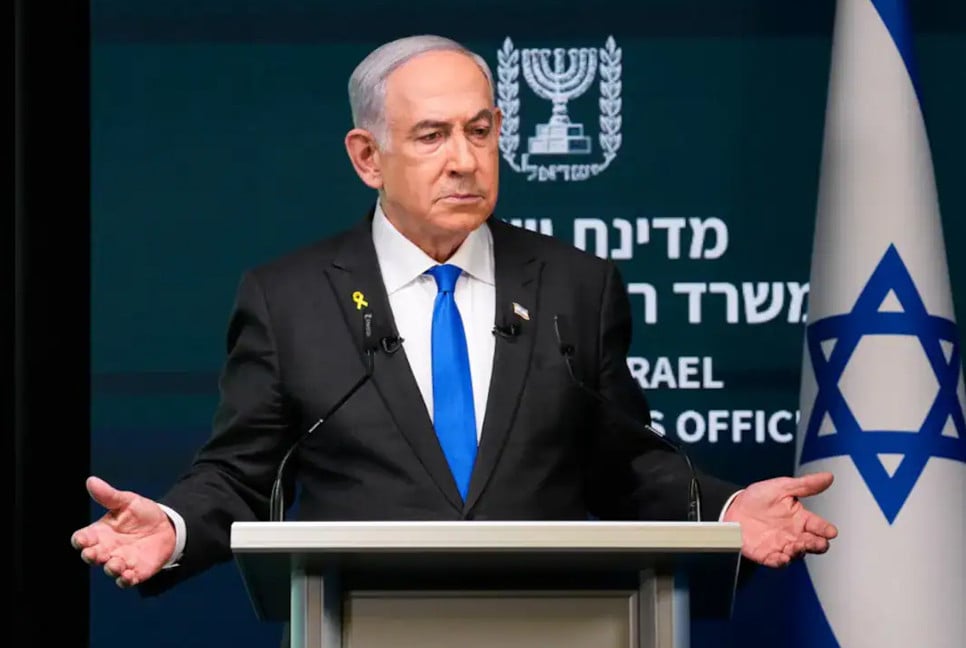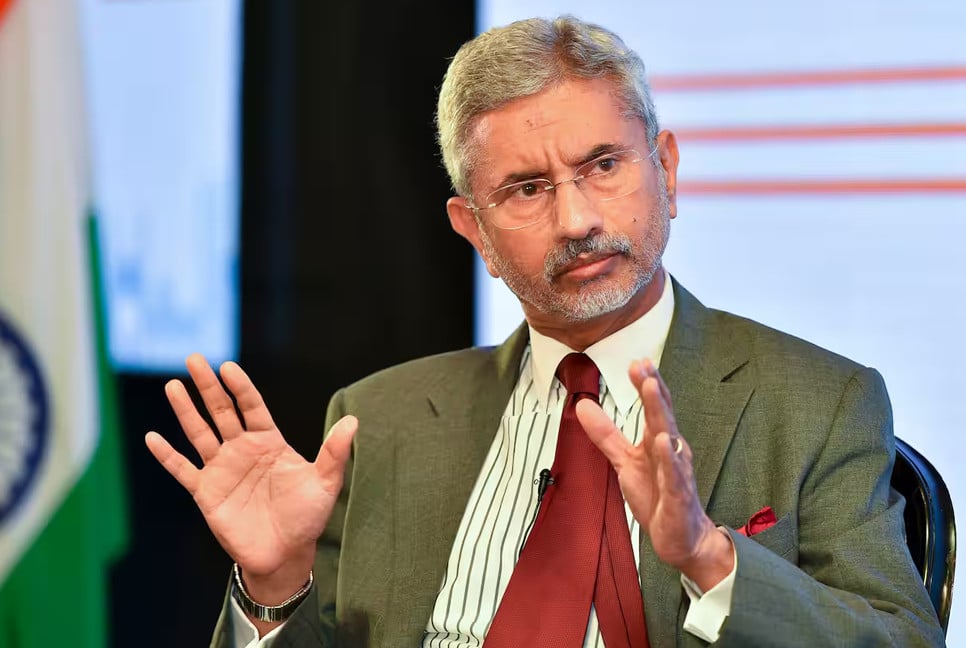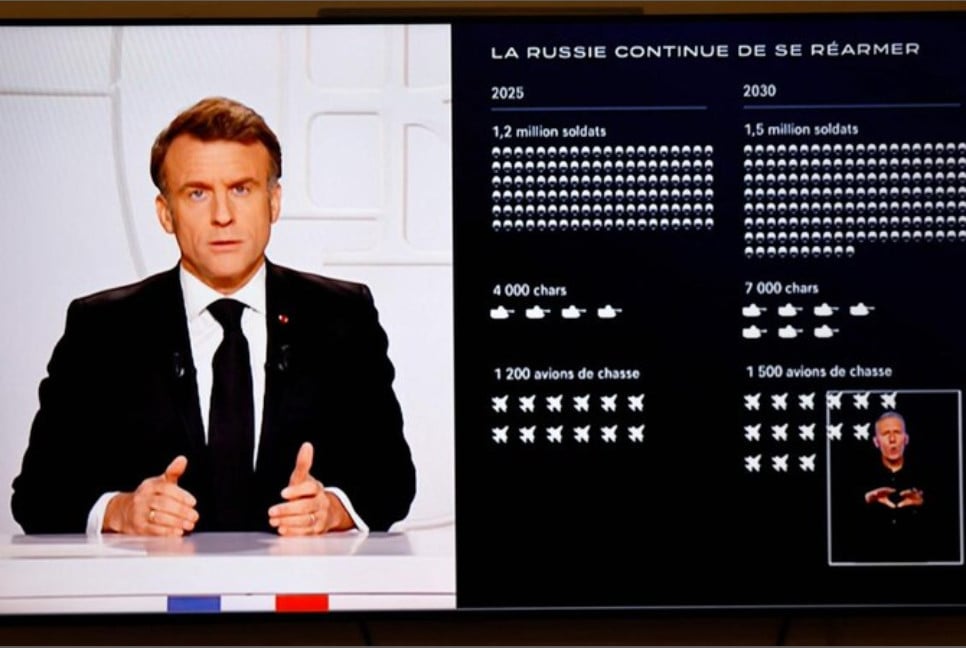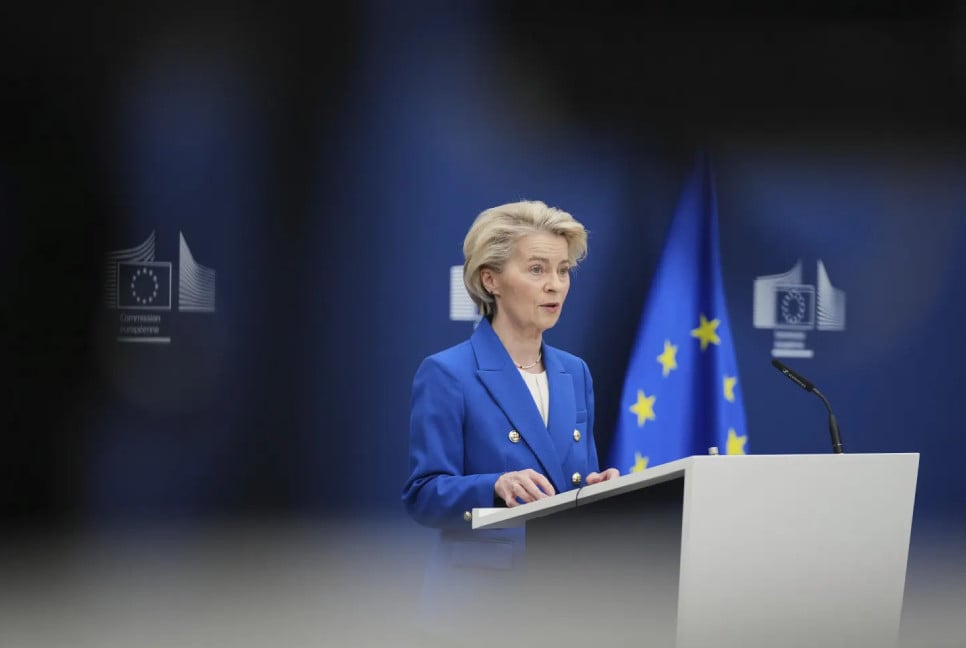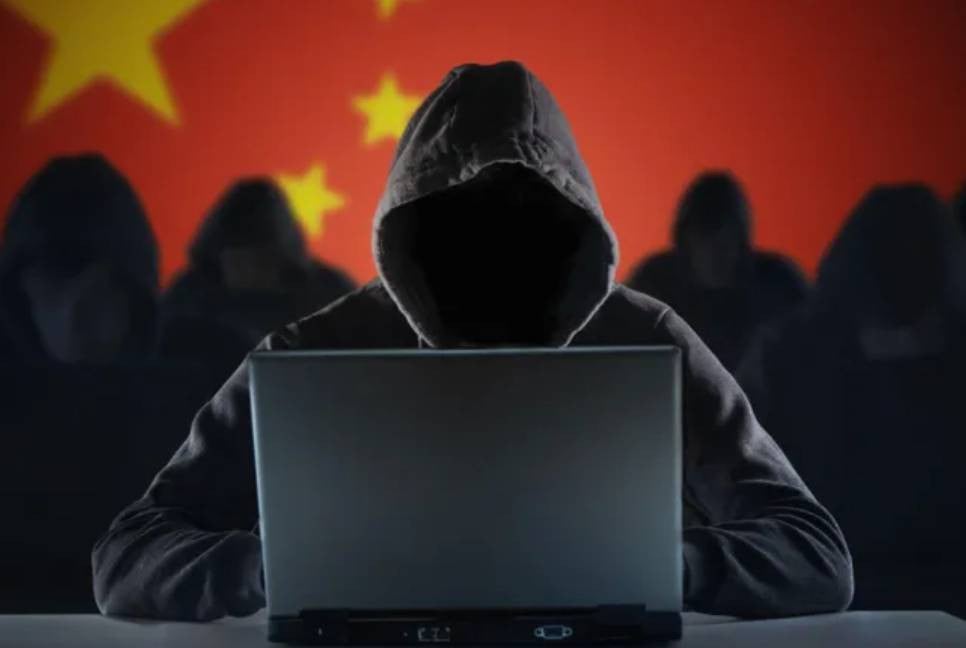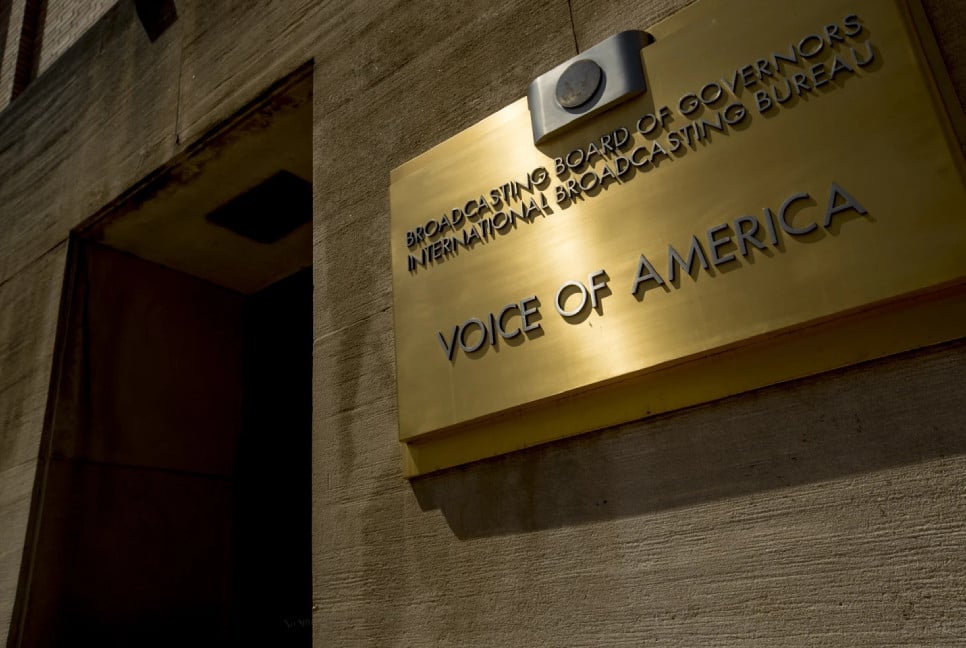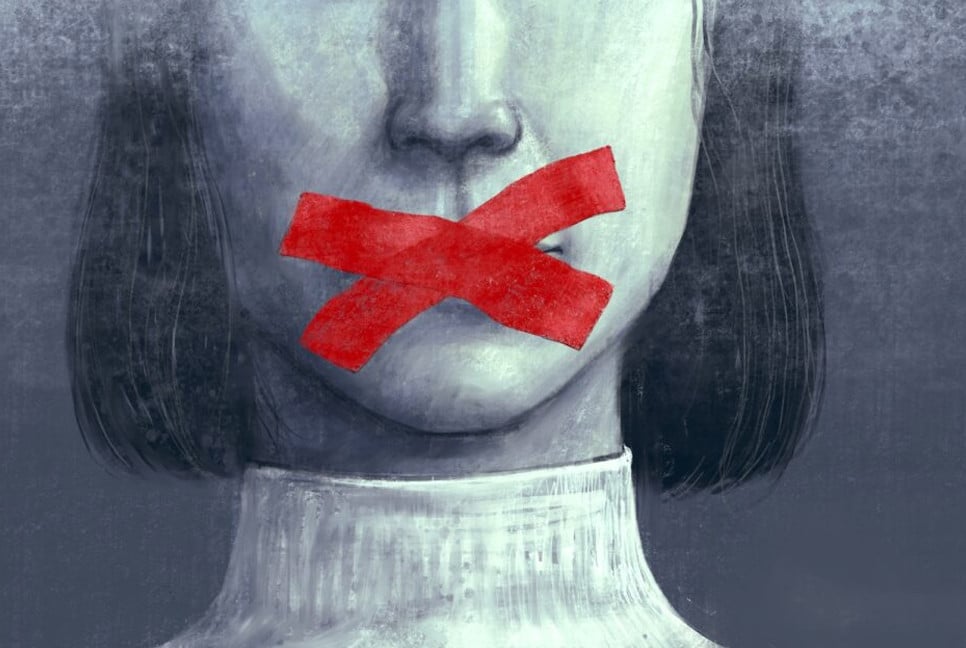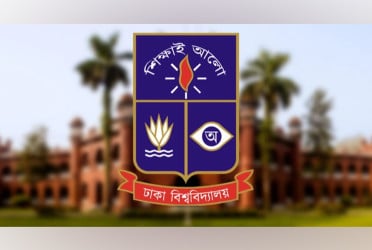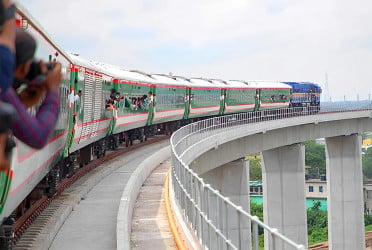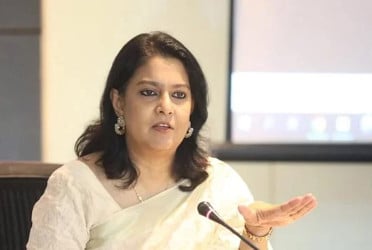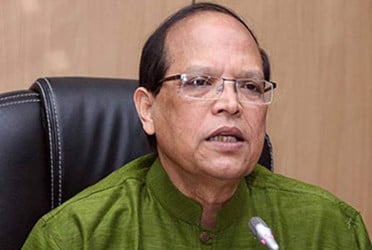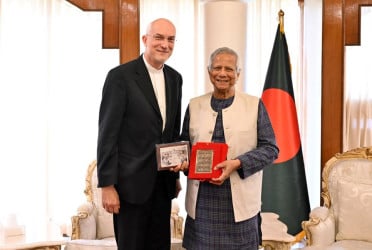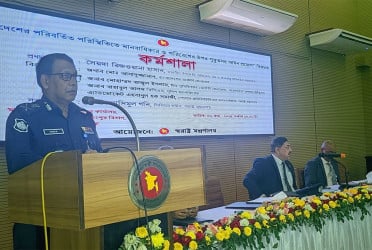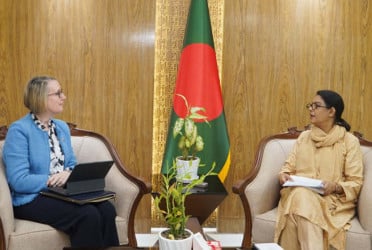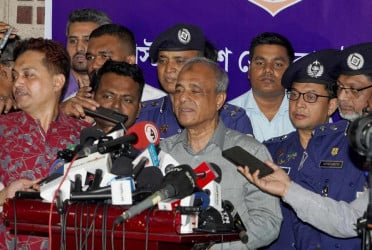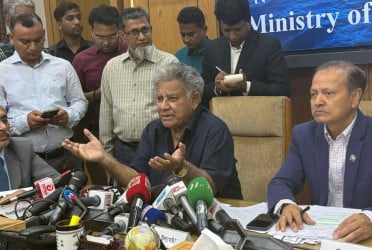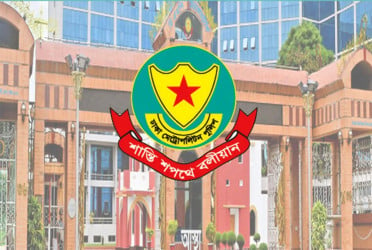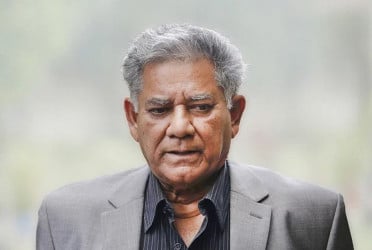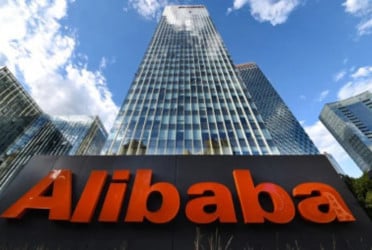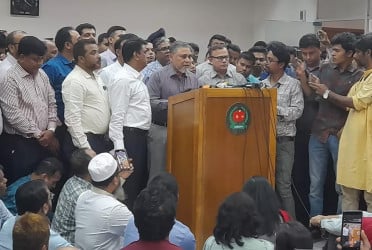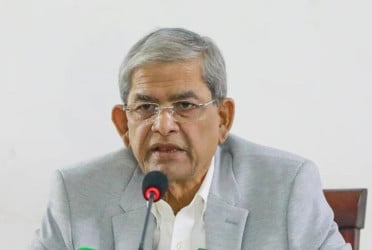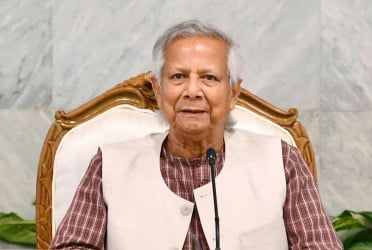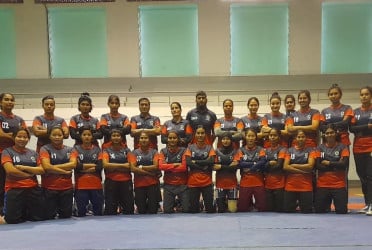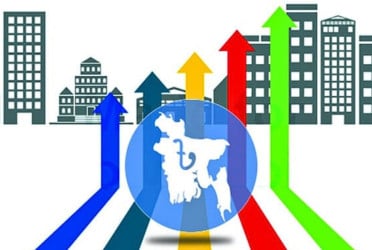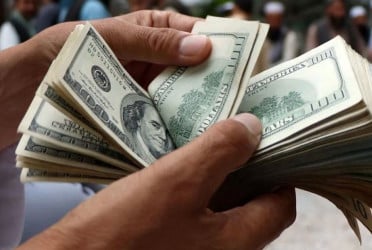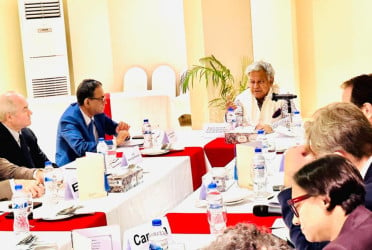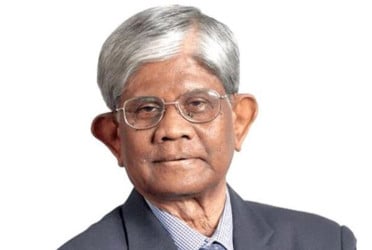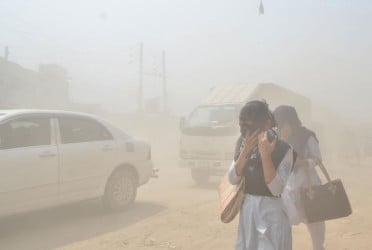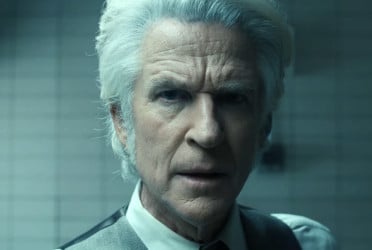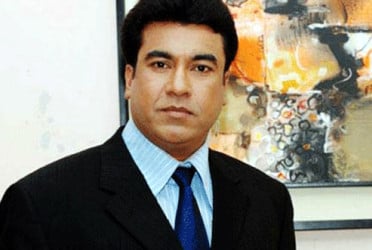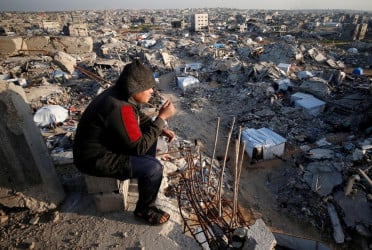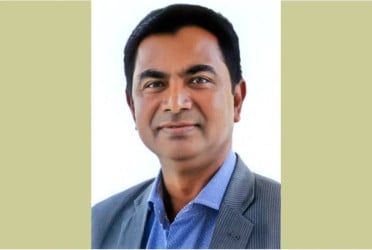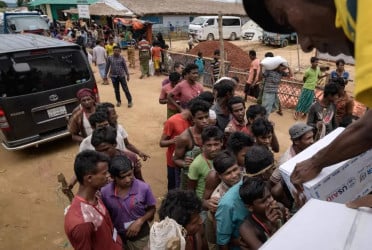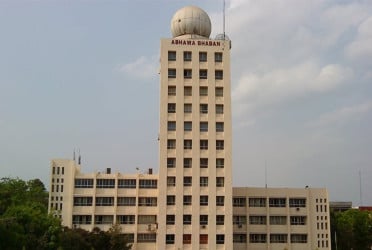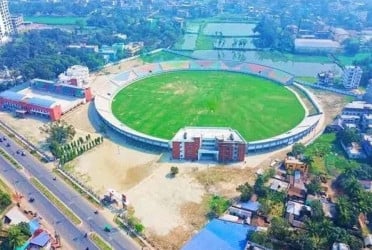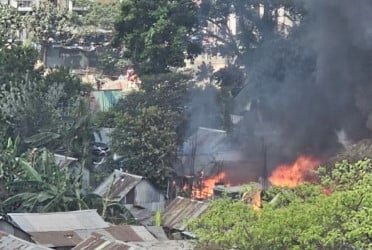South Korean President Yoon Suk Yeol is set to face a crucial second impeachment vote on Saturday following his controversial attempt to impose martial law earlier this month. The decree, which lasted less than six hours, shocked the nation, divided his political party, and left his presidency hanging in the balance, reports Reuters.
Yoon revoked the December 3 decree after the opposition-controlled parliament rejected it, despite resistance from military and police forces. This brief attempt to enforce military rule ignited a constitutional crisis and sparked widespread calls for his resignation, with critics accusing him of breaching the law.
The impeachment vote is scheduled for 4 p.m. local time (0700 GMT), with large protests anticipated. Last week, the first impeachment vote failed after Yoon’s conservative People Power Party (PPP) boycotted the session, preventing a quorum. However, PPP leader Han Dong-hoon has now urged members to support impeachment, and at least seven PPP lawmakers have signaled their intent to vote in favor.
For the impeachment to succeed, the opposition needs at least eight additional votes from the PPP, which holds a majority in the 300-seat National Assembly. The Democratic Party, South Korea's largest opposition, has strongly condemned Yoon, accusing him of undermining democracy and labeling any opposition to impeachment as “treason against the people.”
If impeached, Yoon would lose his presidential powers but remain in office until the Constitutional Court rules on his removal. In the interim, Prime Minister Han Duck-soo would serve as acting president. Should Yoon be removed or resign, a new presidential election must take place within 60 days.
Yoon is also under criminal investigation for alleged insurrection related to the martial law attempt and has been banned from traveling abroad. Despite this, he has shown no signs of resignation, defending the decree as a necessary measure to break political deadlock and protect the country from domestic forces he accuses of undermining democracy.
The political crisis has destabilized South Korea’s financial markets and damaged its global standing. While two-thirds of Yoon’s party supporters oppose impeachment, public opinion remains divided, with three-quarters of respondents backing it, according to a Gallup Korea poll.
Protests calling for Yoon’s impeachment have already erupted near the National Assembly, while pro-Yoon rallies are scheduled in central Seoul. Both celebrities and ordinary citizens are mobilizing, with many organizing donations of food and drinks for protesters. The outcome of Saturday's vote will determine Yoon's political future and could have far-reaching consequences for South Korea’s political landscape.
Bd-pratidin English/ Jisan

